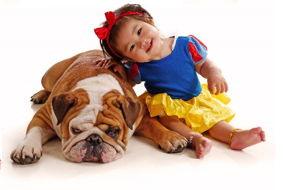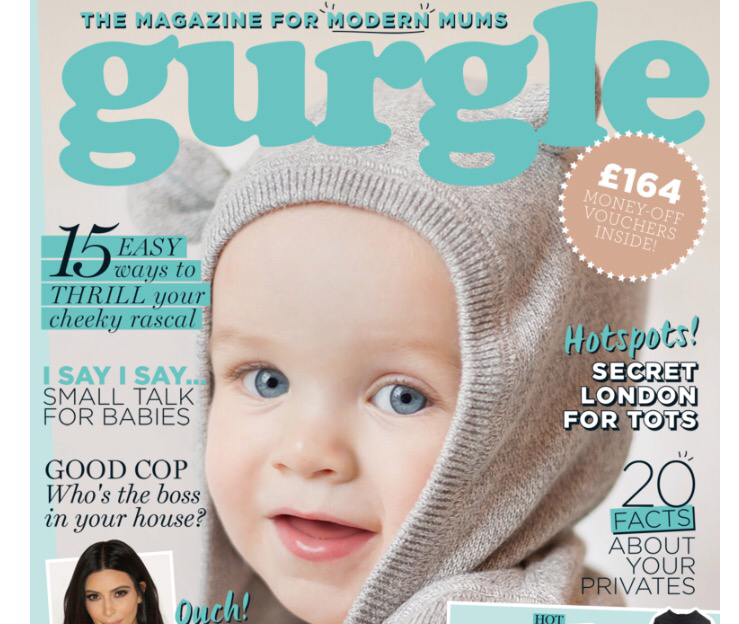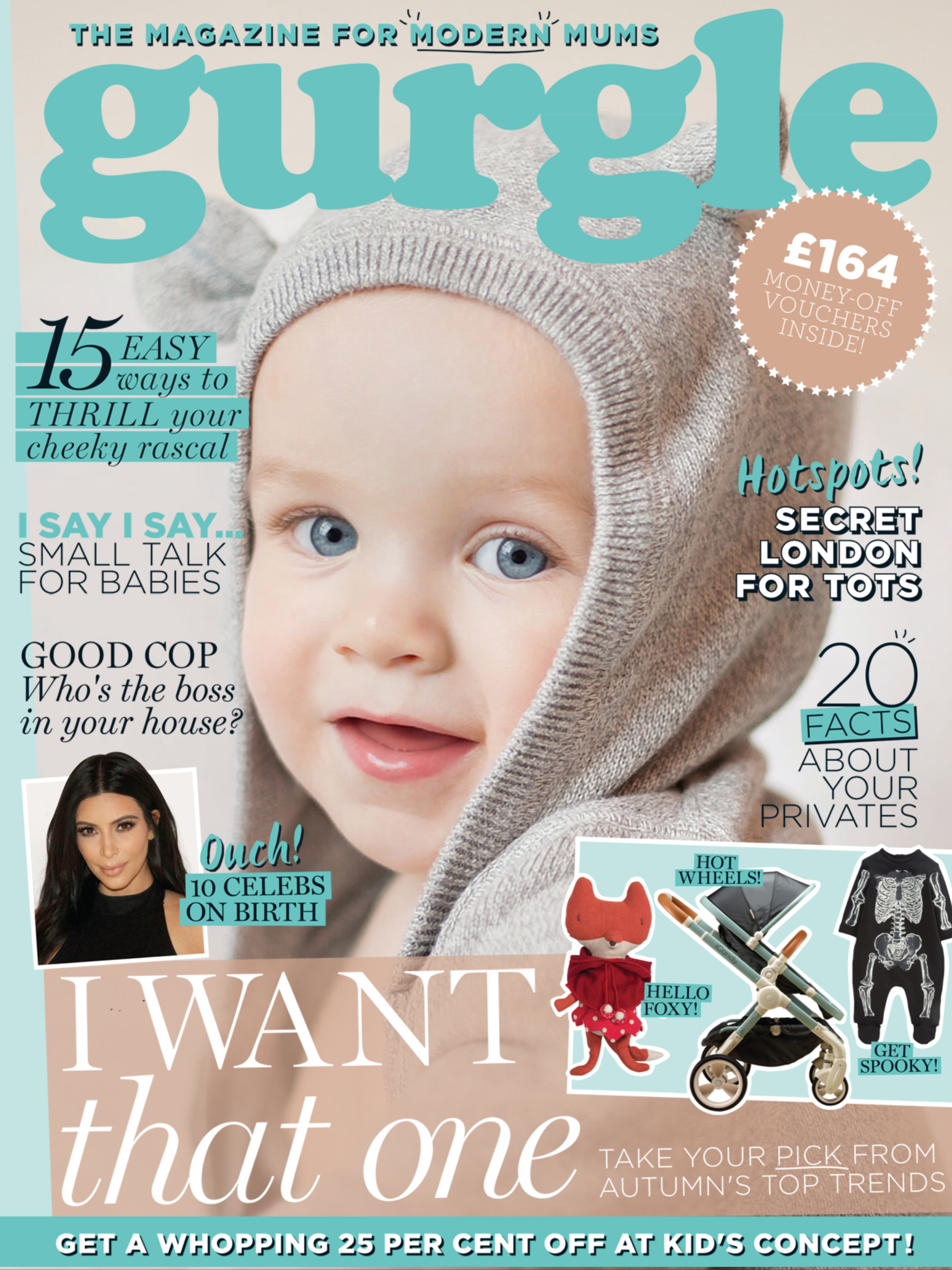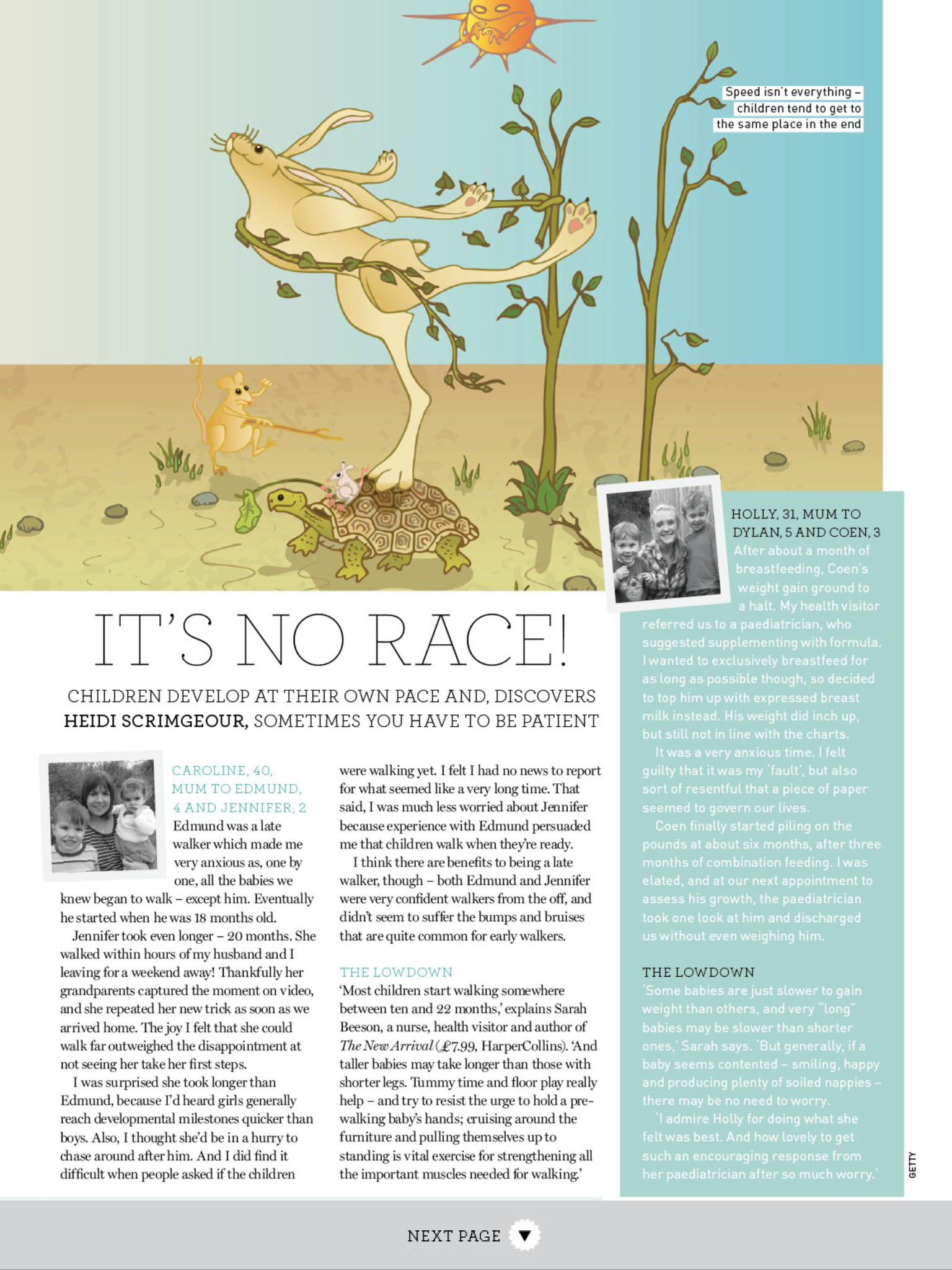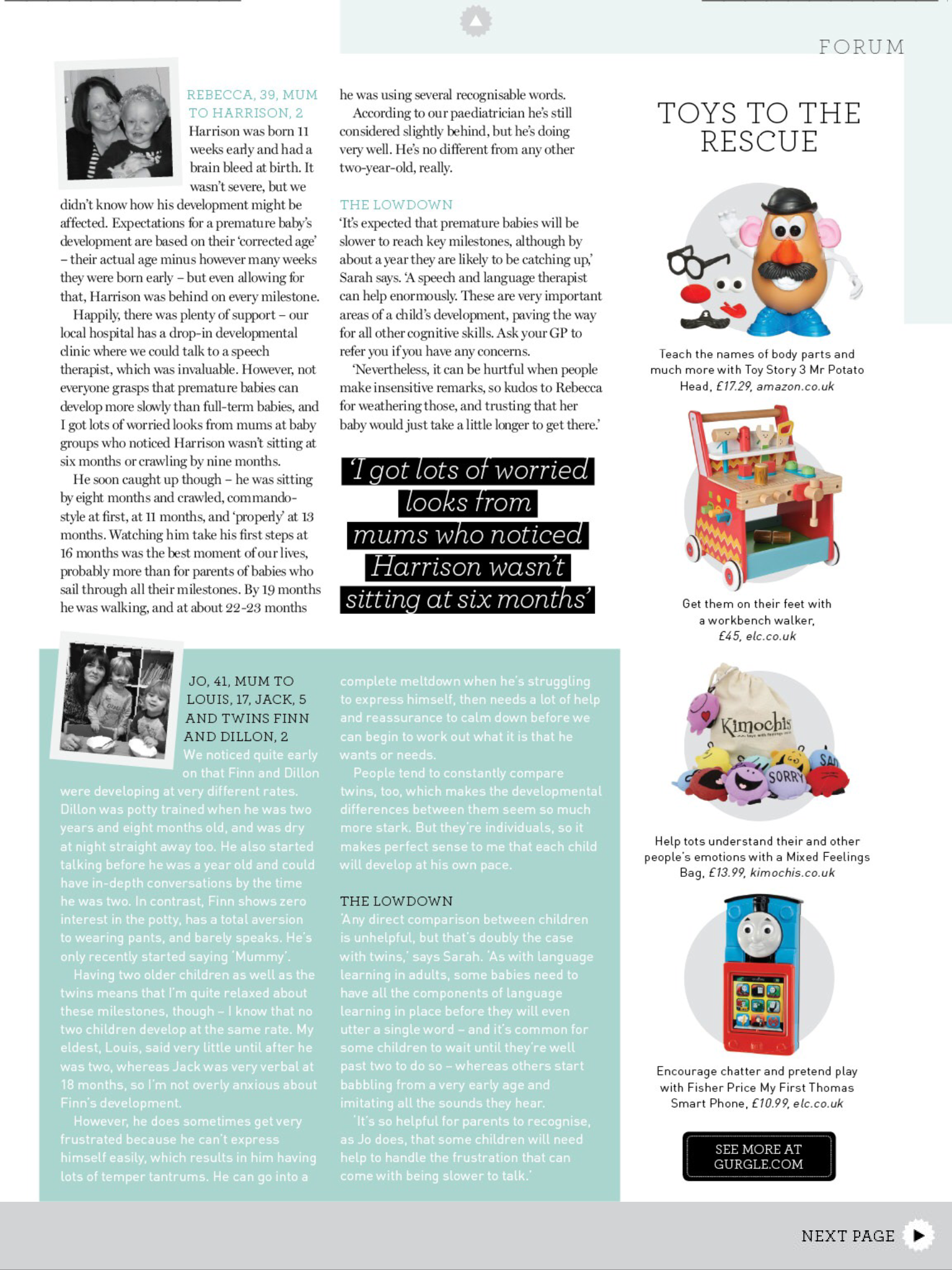By Sara h Beeson MBE Author and former Health Visitor
h Beeson MBE Author and former Health Visitor
I recently had an article published in the Huffington Post on why Health visiting is under threat and that terrifies me, not because health visitors will lose their jobs but because we are putting the health and wellbeing of mothers and babies at risk.
In a letter to the Times the RCN has called for the government to stop the cuts to health visiting but it is the government handing over the commissioning of the NHS to councils at the same time as cutting the funding to the NHS and the local authorities, that has caused this problem in the first place.
The government are breaking the promises made in the Health Visitor Implementation plan that pledged to train an extra 4,000 health visitors. The big government plan that promised to get leavers to return to practice, promised to increase the number of health visitors available locally across the country. If the government don’t stop these cuts all that will be left is broken promises and the end of a service that even pre-dates the NHS and has being providing community nursing to families for over 150 years.
I believe every parent has the right to have access to their health visitor. The right to ask questions; The right to be reassured; The right to be heard.
I’m hoping parents will speak now and join NHS staff to stand up for the rights of their child to comprehensive health care. Because every child matters and every family, whoever they are, will need someone to share in their achievements and offer professional advice during the early years of parenthood.
Because being a good parent isn’t easy. You never know when you’ll need your health visitor. It might be when your baby is two weeks old, or 18 months or four-years-old. When you’ve got money worries, when your marriage breaks down, or when you lose your mum – I’ve been there with families during all these times and know that being able to talk to a health visitor meant the difference between finding the right support and struggling on alone for years, and sometimes the difference between life and death.
I’ve been the health visitor that’s given the children their tea, to give a single mum a break, who’s spotted a baby needs urgent medical attention, that’s taken a mum to a women’s refuge – like many of us have. This is the best generation of parents there has ever been. Today’s mums and dads are so dedicated and work as a team – they’re giving their all and what are they getting back? Already the health service is becoming patchy. Some families haven’t got the service they deserve, but I know where there is still a good health visiting service the parents will stand with us and say we aren’t letting you take away our health visitor.
It’s not that those parents need a health visitor to tell them what to do. In my experience mums and dads are the experts on their own baby and every child is unique. But having someone who will support you, give you advice that’s right for your family – to me that is who a health visitor should be for every family on their caseload. That service shouldn’t be a nice to have – it must be a right.
Health visiting isn’t about ticking developmental boxes. If the local authority are going to be commissioning services they should be designing them around what families need, not what will save a few pence. Because if you skimp on the health of children in the early years the tax-payer and that child ends up paying for it for the rest of their lives.
In an attempt to save money the short-sighted councils are planning to cut the health visiting service. Already we are losing experienced health visitors through redundancy. In March and April this year 433 health visitors were lost from the service. There are now only 9,711 health visitors and last year 697,852 babies were born in England and Wales. If the cuts go ahead there will be even less health visitors and the service I’ve worked in for over four decades will be lost and once it’s gone there is no way to get it back.
I don’t think the government and local councils really understand what a health visitor does. If they did, they’d see that we are uniquely placed to be with parents to ensure the growth, development and health of babies and the mental and physical health of mothers. We are often the person who refers to other health professionals when there is a problem, who flags to agencies when children are at risk, who should be picking up on and supporting mother suffering from postnatal depression.
Already the numbers of health visitors have gone down from 20,000 to under 10,000. Every child matters to us, let’s tell the government and councils they need to matter to them too.
About Sarah Beeson MBE
In 1969, 17-year-old Sarah arrived in Hackney in the East End of London to begin her nursing career. Six years later she went into health visiting, practising for over 35 years in Kent and Staffordshire, and building up a lifetime’s expertise and stories through working with babies and families. In 1998 Sarah received the Queen’s Institute for Nursing Award and in 2006 was awarded an MBE for Services to Children and Families in Stafford by Queen Elizabeth II.
Now she divides her time between Staffordshire and London, writing and meeting wonderful readers and parents. She writes books with her daughter Amy Beeson. The New Arrival is her true story of training to be a nurse in Hackney. Her second memoir Our Country Nurse is set in a country village in 1975 and is bursting with stories of mums journeys during pregnancy and motherhood.
Her parenting book Happy Baby, Happy Family has made her the go-to expert for parenting brands and publications.
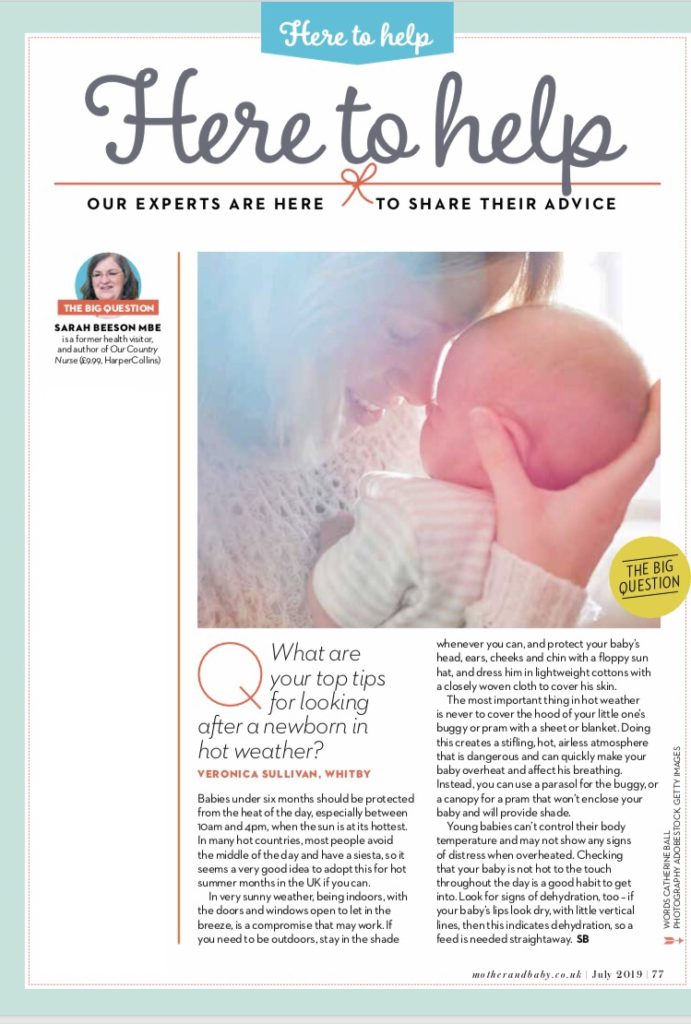
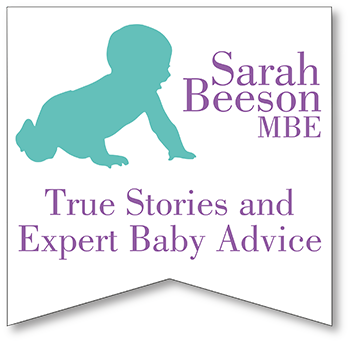
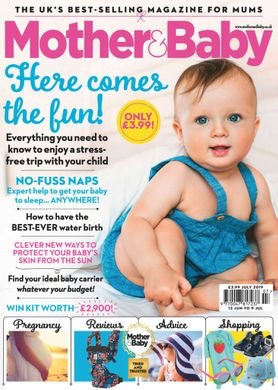
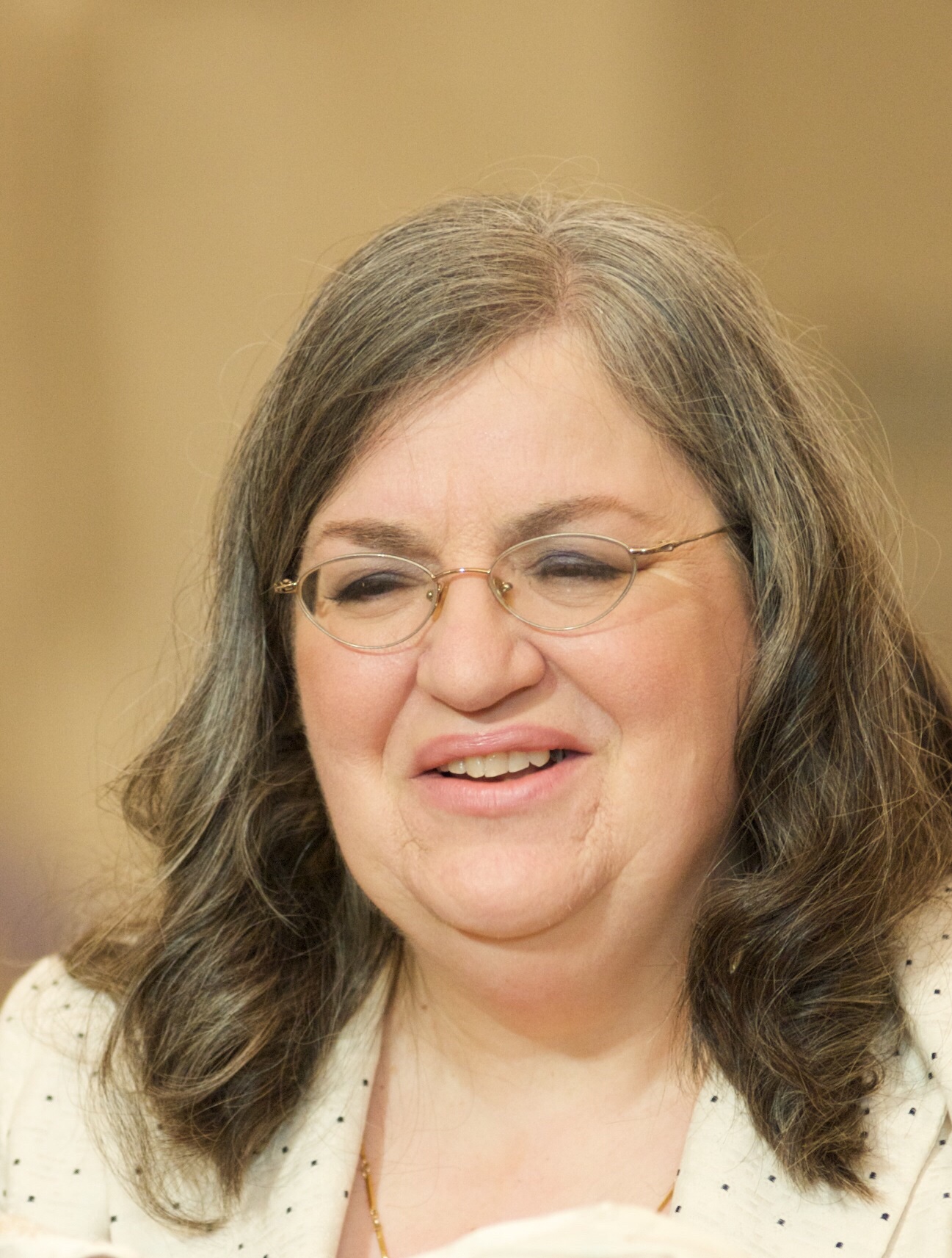
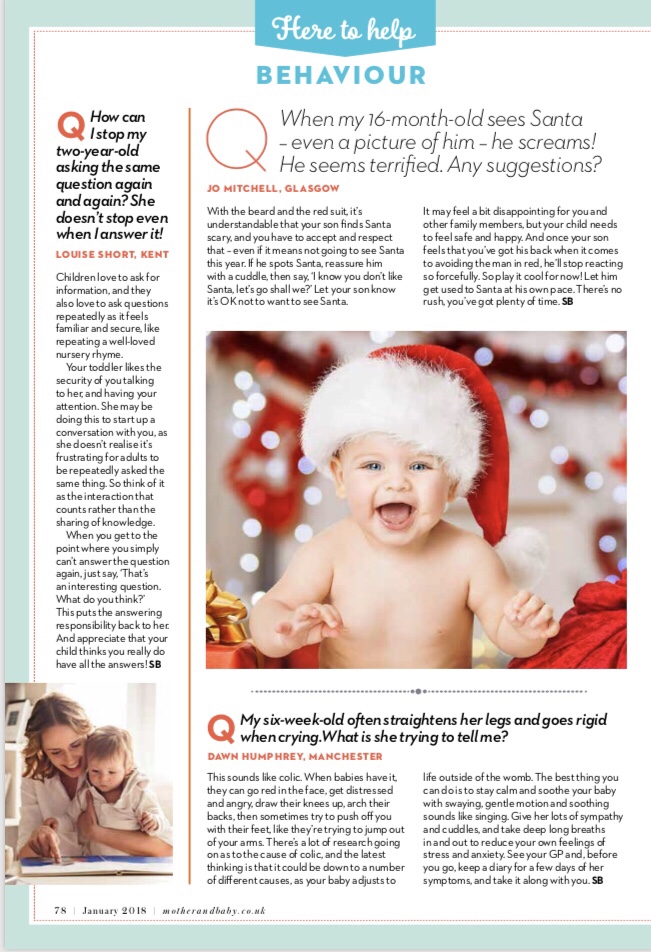
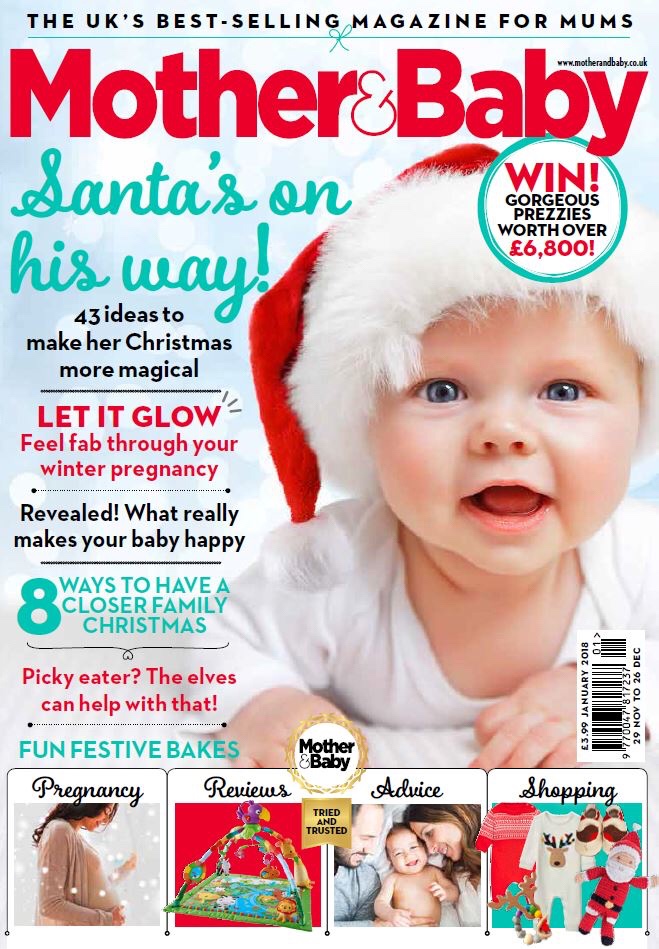
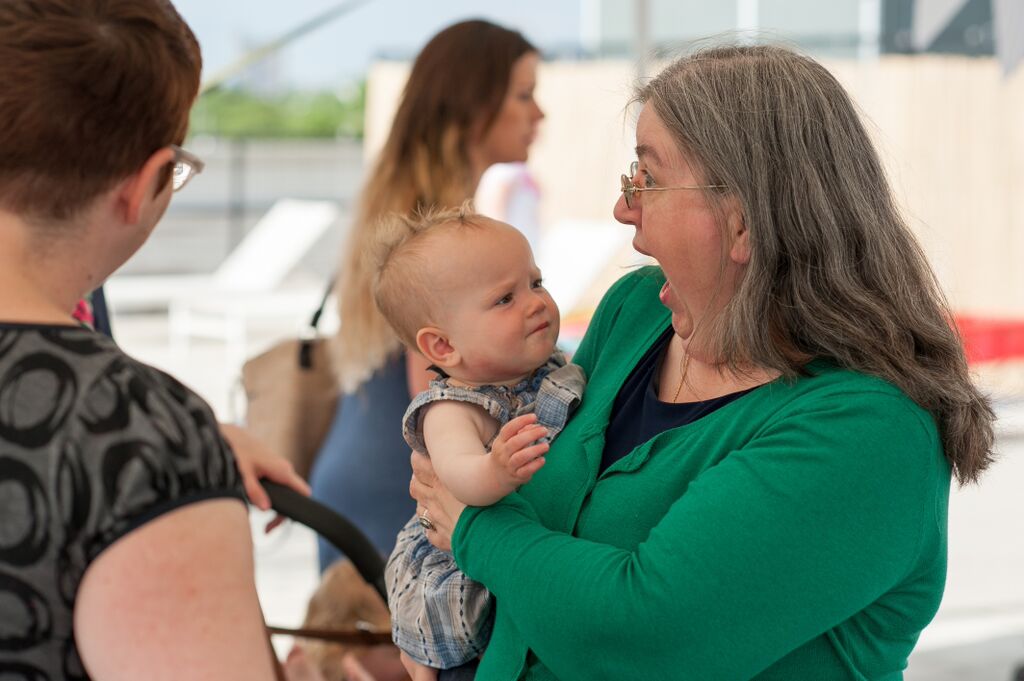
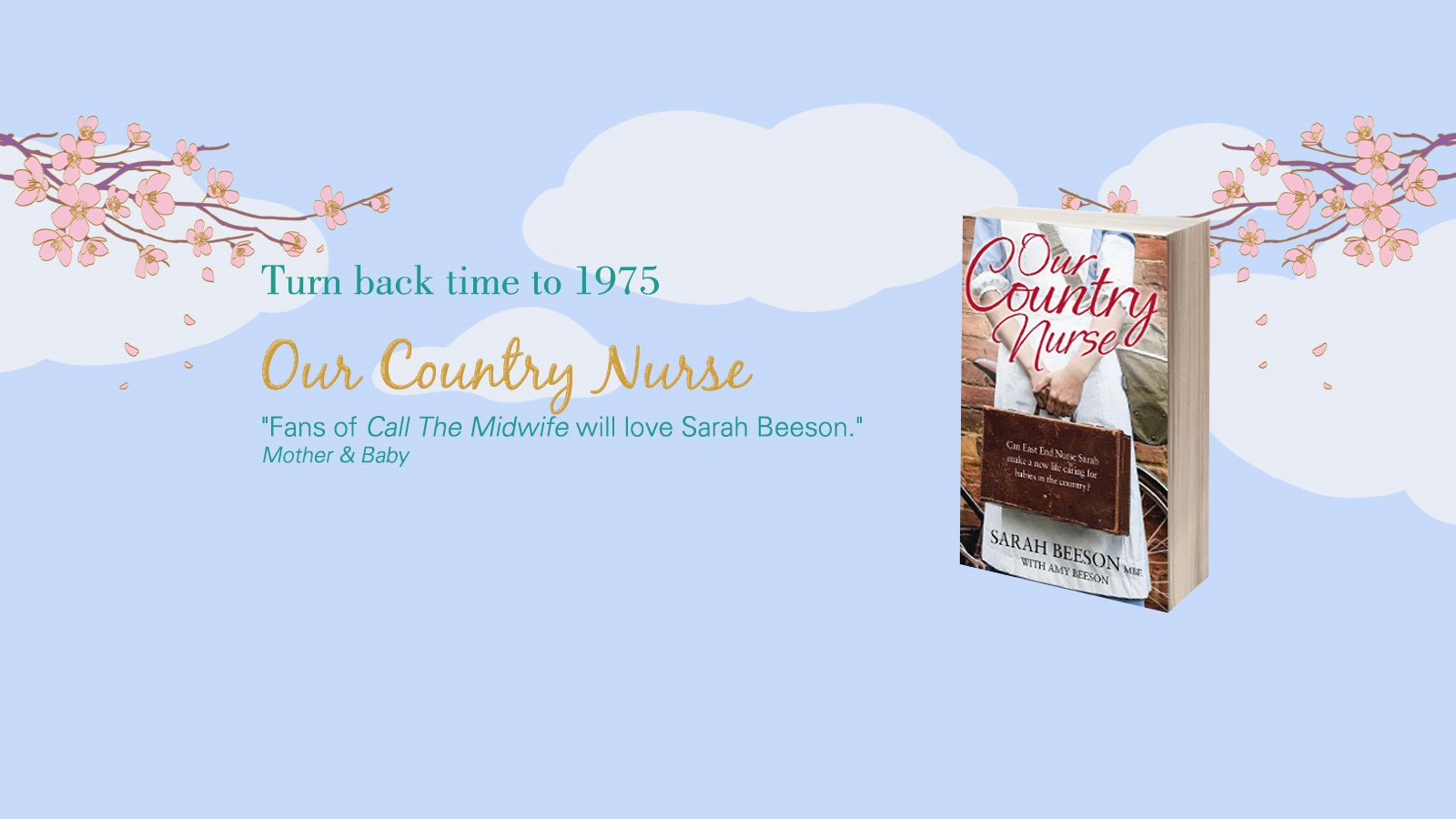
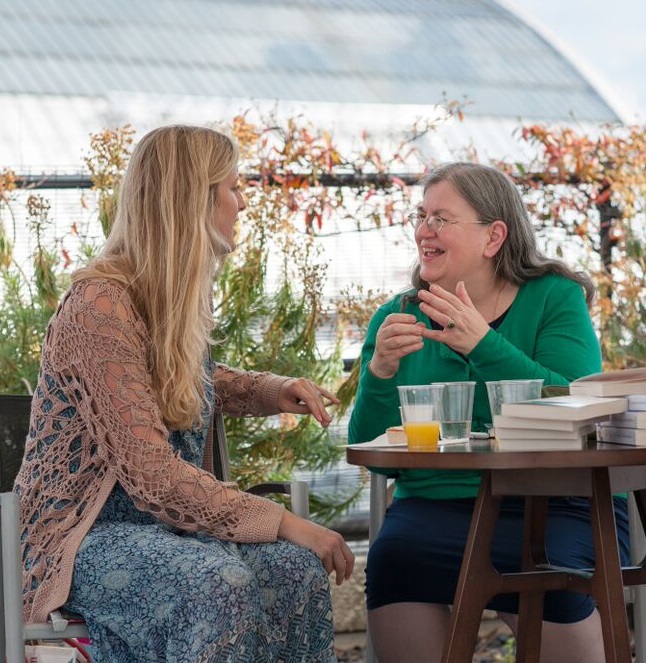
 h Beeson MBE Author and former Health Visitor
h Beeson MBE Author and former Health Visitor